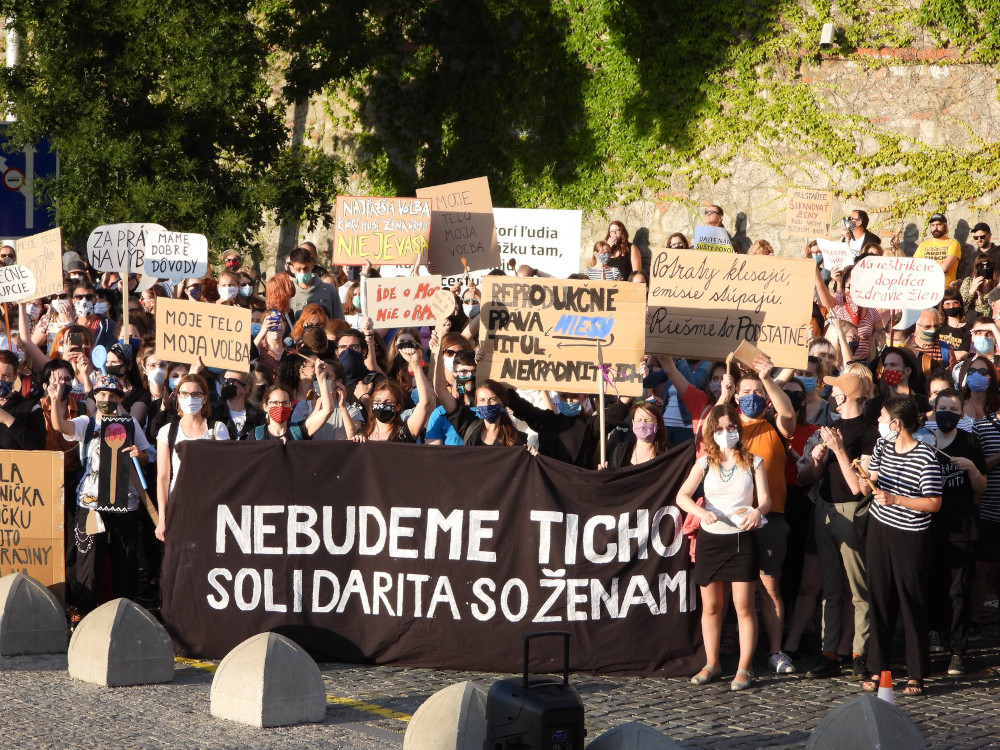While working on the project »Family planning« in East Central Europe from the 19th century until the approval of the »pill« realized by Denisa Nešťáková, with a focus on Czechoslovakia from 1918 until 1965, one cannot avoid noticing the similarity and parallels of today’s attacks on sexual and reproductive health and rights (SRHR) in Slovakia and events of the past. In this text, the historian and political scientist Zuzana Maďarová look at the ongoing discussion on SRHR in Slovakia within a historical context.
Although knowledge and practice of contraception and abortion can be traced back to the ancient world, the notion of family planning and birth control was an achievement of the late 19th century. The project »Family planning« in East Central Europe from the 19th century until the approval of the »pill« looks into a history of issues related to various methods of birth control and examines debates on reproductive decisions not only as an issue concerning individuals, or as legal concepts, but also as the object of socio-political state interventions. Many parallels between the past and today’s practices in the same countries make this research highly current and profoundly political at its core.
During the 20th century, family planning was never meant to be a private choice of individuals but was rather a subject of national, political, religious, and ideological goals. Therefore, it is clear that, throughout history, freedom around the reproductive decisions of women and men was determined by political visions, oppressive ideologies and populist regimes.
Throughout the existence of the First Czechoslovak Republic (1918-1939), religious conservative reminiscences of Austria-Hungary, together with a fear of the extinction of the nation was omnipresent and led to high expectations directed at women to preserve the Czechoslovak nation. Despite difficult socio-economic conditions affecting the majority of men and women caused by the post-war situation and later the Great Depression and despite the impact of the public and scientific pro-birth-control discussions on parliamentary debates and political decisions, abortions remained illegal and the state restricted access to knowledge about contraception.
In the fascist-like Slovak Republic (1939-1945), it was considered necessary to strengthen the »Slovak element« and ensure a sufficient number of bodies for possible wars. In addition, the fascist white supremacy went hand in hand with Catholic dogmatism, and misogynist efforts to limit the position of women in public life. Thus, what the Czechoslovak Republic represented in the issue of women’s rights was brought to »perfection« in the Slovak Republic – under the guise of Catholic morals, and helping women, it criminalized abortions, punished those who had them, and banned any access to contraception.
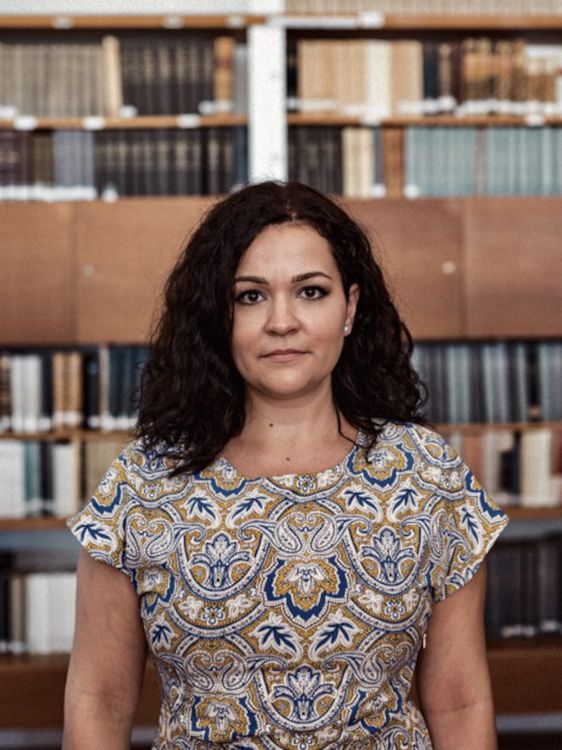
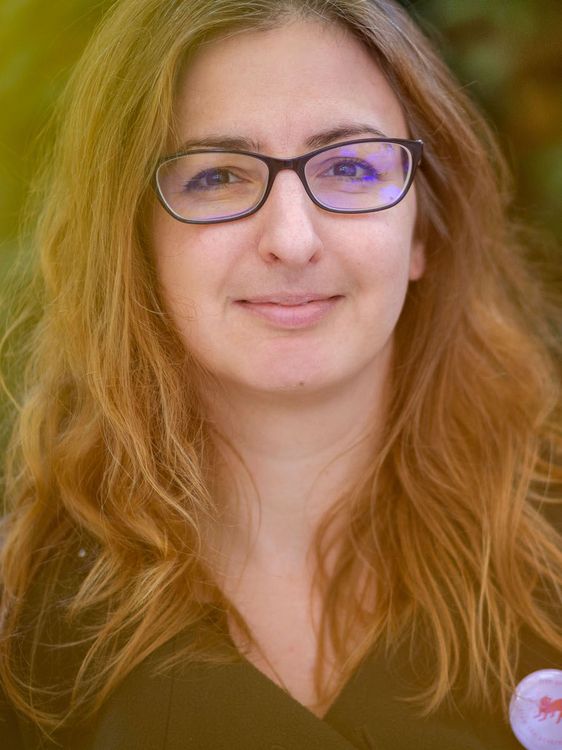
The abortion law was partially changed after the Second World War, yet fundamental changes regarding family planning and women’s reproductive rights did not occur until the state socialist regime in Czechoslovakia (1948-1989). Once the regime aimed to re-define and re-structure the rather conservative and predominantly Catholic society, it also understood the importance of female health for further »production« of new workforce. Various methods of contraception were promoted as a prophylaxis to prevent illegal abortions. Yet, abortions did not disappear, and the state came up with an additional solution. Abortions performed by medical professionals at the request of a woman who provided health-related, legal, or socio-economic reasons for her decision were legalized in Czechoslovakia in 1957. However, this law also brought so-called Abortion Committees, which were supposed to resolve the problems that led a woman to seek an abortion and aimed to change her decision – usually with zero success, leaving women offended and deeply humiliated. These changes were influenced by the developments in the USSR, in particular the legalization of abortion in 1955. Additionally, an understanding of the unfortunate effects of the criminalization of abortion on the fate and health of women was crucial, as many women who underwent the procedure of illegal abortions ended up in prison. Others died as a result of unprofessional medical treatment, or were left with damage, (especially) related to their reproductive health. In none of these periods were the opinions or decisions of women at the center of attention. On the contrary, it was the woman’s body and her ability to produce new Czechoslovak or Slovak citizens, either the nationally correct biological material in the Czechoslovak republic, soldiers in the wartime Slovak republic, or workers in the socialist Czechoslovakia, that political goals, in fact, focused on. And thus, the traditional »family notion of the past« existed only as a social construct to keep the individual attached to oppressive social expectations.
By drawing parallels between the past and today’s political efforts to restrict gender equality and the sexual and reproductive health and rights of women, history can help to identify the most important origins and key moments that have informed family planning throughout the history of Slovakia, such as the misogynous character of »pro-life« policies, exploitation of women’s bodies for political profits, the emphasis on religious (predominantly Catholic) moral values, and hypocritical coverage of such policies under a pretext of helping women. Indeed, studying the history of practices of family planning and SRHR reveals the manifold hegemonic situations that have had an impact on their development. Certainly, within the discussions on the importance of population growth, sugar-coated in pretentious aims to improve women’s health and their socio-economic situation, women have remained hostages in political fights for power for decades.
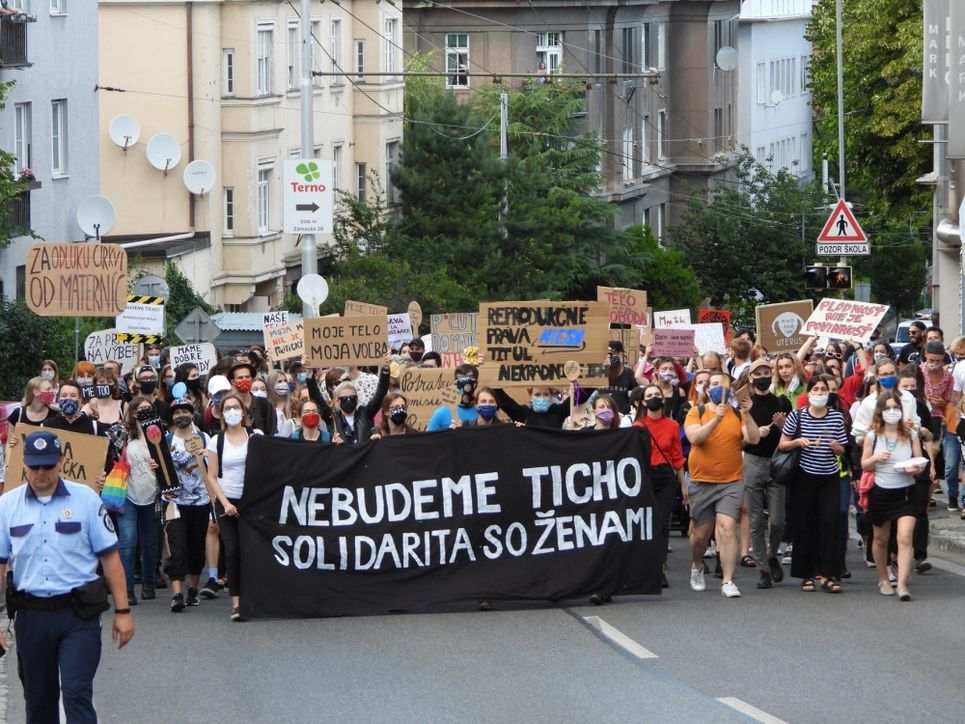
Currently in Slovakia, termination of pregnancy is regulated by the Act no. 73/1986 Coll. of the Slovak National Council which was adopted in the former Czechoslovak Republic and became part of Slovakia’s legal system in 1993. According to this Act, termination of pregnancy is allowed within 12 weeks of conception upon written request of the pregnant woman. She does not need to provide any reason to justify her decision. The woman receives information from her gynecologist about the possible consequences of the procedure and the alternatives to abortion, as well as counselling about birth control. The termination of pregnancy can be performed at earliest after 48 hours waiting period from the time of counselling.The only legal recognized method of abortion in Slovakia is surgical abortion. Second-trimester abortion is allowed only for medical reasons.
Already shortly after the Velvet Revolution of 1989, the state-wide demonstrations against the Communist Party of Czechoslovakia which led to relatively peaceful overthrow of the communist regime in Czechoslovakia, the political efforts to restrict the access to safe and legal abortion in Slovakia emerged and, with changing intensity, have lasted till today. The opponents of abortion have made use of a strong anti-communist discourse, presenting the possibility for women to make decisions about their own bodies not as a democratic phenomenon and basic human right but as a residue of the state socialist (anti-religious) past. The transnational movement against the so-called ›gender ideology‹ provided the old conservative actors with new energy, sources, discursive tools, goals, and partnerships. An intensified attack on sexual and reproductive health and rights is just one of the implications.
Since 2018, the Slovak parliament has discussed eleven proposals aiming to restrict access to abortions, or banning them completely, even though there has not been support from the majority of Slovaks. The last draft bill has been discussed and only narrowly rejected in October 2020. While it aimed to restrict public information about abortion, extend the mandatory waiting period for an abortion from 48 to 96 hours, and introduce a new authorization requirement for performing abortions on health grounds, it has been presented as a ‘compromise’ between conservatives and liberals, and even as a social support for women and families.
Such claims, often internalized and repeated by the mainstream media, may suggest two things – firstly, that the previous, more obvious and stricter, efforts to restrict the human rights of women have desensitized the public discourse, and, secondly, that the need for social support, stemming from increasing social inequalities, can be a successful tool in political efforts to control women’s bodies and lives. We have the chance to watch this intersection of the new and old actors, tools, strategies, contexts, and political aims, because, after the election in February 2020, the religious fundamentalists, populists, and extreme right parties have joined forces in suppressing women’s rights in parliament. These efforts are accompanied by the strong institutional, legal, and advocacy support of the (mostly) Catholic Church as well as recent activities at the governmental level – the term ›gender‹ is currently being erased from the state bureaucratic structures, the funding for gender equality has been stopped and a focus has been placed on ›family policies‹.
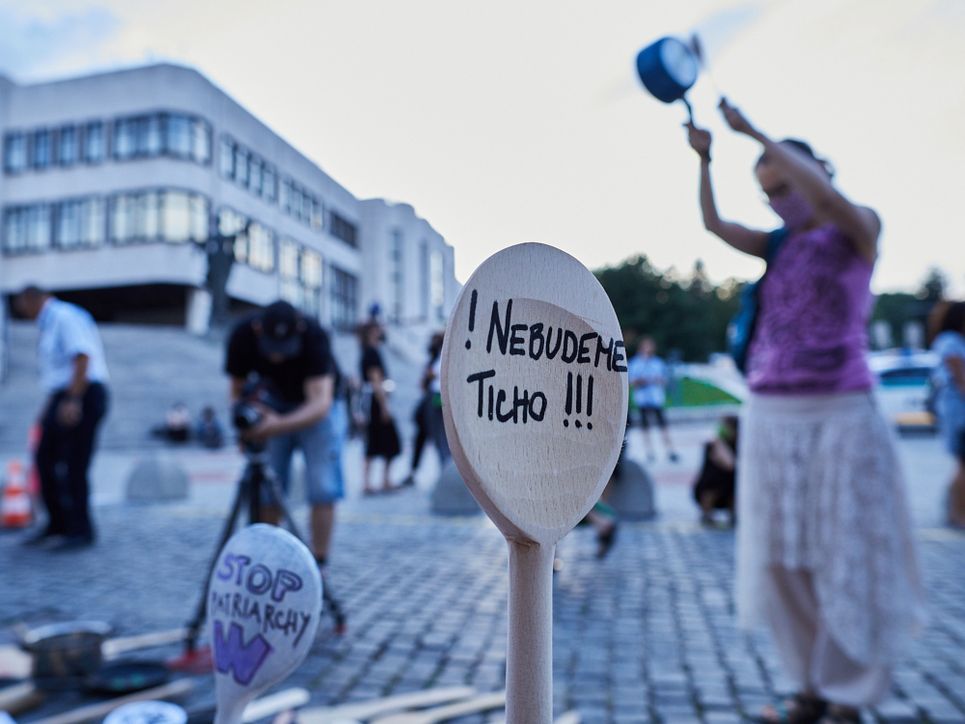
At the same time, Slovakia has seen civic mobilization and public protests in support of sexual and reproductive rights that have no equivalent in the past. For almost three years, non-governmental organizations, civic initiatives and individuals around the country have been organizing events, smaller cities have joined the capital, there have been discussions, book club meetings, public protests, blogs, new information material and documentaries emerging. More diverse actors are now involved in feminist practice. And while this is good news, some questions around the sustainability of these activities need to be raised.
The more ›traditional‹ feminist actors, mostly coming from the civil society, representing continuity, and carrying the ›institutional memory‹ of these struggles face ongoing challenges. Over the last 20 years, the financial support for feminist non-governmental organizations has been thinning; a number of activists have relocated to the state bureaucratic structures, making the boundaries between state and civil society permeable; gender equality and feminist topics have been adopted and appropriated by the state, which has led to a ›hollowing out‹ of the content of gender equality; and feminist and women’s non-governmental organizations have become institutionally fragile as years of endless hours of work, lack of self-care and care, institutional insecurity and material struggles have become inscribed in the bodies of feminists in Slovakia.
The intensified and even intensifying efforts to restrict access to safe and legal abortion, while also preventing access to contraception and sexual education, therefore, need to be seen in a broader context of political and social development, as well as the position of different actors in this area.
The Slovak parliament did not approve the proposed law, which would restrict access to legal abortions, but only by one vote. A few hours after this proposal was narrowly rejected, its initiators announced that they would continue in their restrictive efforts. Hence, Slovak women cannot sit back and relax. They have only gained a few extra months to prepare for further struggle over their bodies.
Today’s changes in political and social beliefs, challenges to gender equality, and obvious attacks on women’s reproductive rights in Slovakia (and many other countries) suggest that understanding the past can help us better understand the context and roots of the current populist and undemocratic forces. Can we say that history is life’s teacher? Certainly not! Yet, lessons from history can enable us to develop a better understanding of the world in which we live. Building knowledge of past developments offers us certain tools that we can use to identify potential dangers, build some continuity with history, point out previous mistakes and, in the most optimistic scenario, to prevent historical misdeeds from happening again. To do this, however, the historian needs to step out of the comfort zone of archives and reach out to people who are willing to listen, to people who are willing to fight against malicious trends in current society. And become one of them.
*The article was written in October 2020.
